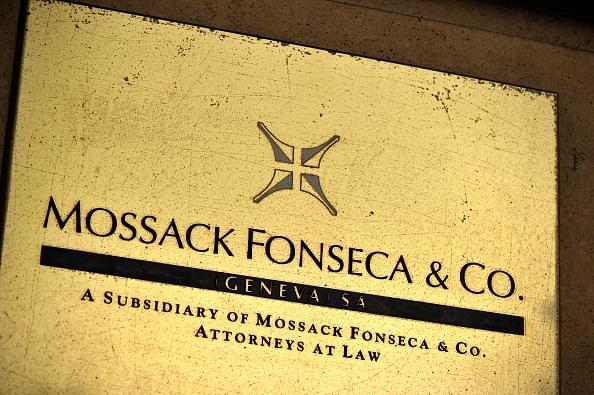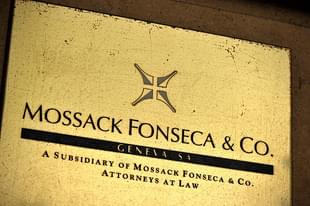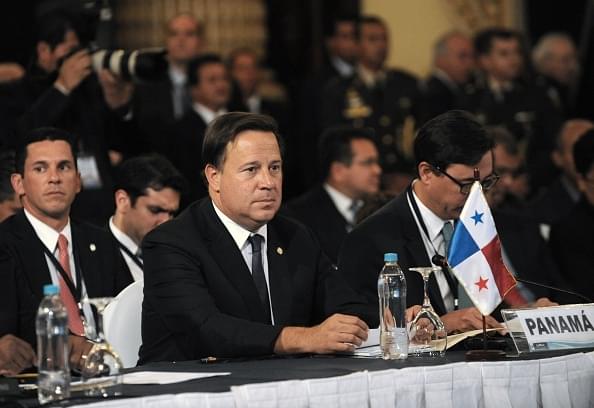Politics
Panama Tilts At Windmills, Vows To Defend The Image Of The Country!
S Murlidharan
Apr 06, 2016, 12:18 PM | Updated 12:18 PM IST
Save & read from anywhere!
Bookmark stories for easy access on any device or the Swarajya app.


- The elites of different countries have used back channels for a long time to perform all sorts of shady operations
- But equal blame should be shared by countries who have promised unbridled secrecy and made themselves tax havens
- The best way to stop this would be for these countries to reform their financial system
Panama’s President Juan Carlos Varela vowed to “defend the image of the country” while ordering criminal investigation into the ‘limited hacking’ of the law firm Mossack Fonseca’s system that has set the entire world aflutter and abuzz with excitement. But for the sake of record, he also made the perfunctory pro forma noises about cooperating with “whatever government and whatever investigation” in a rather condescending reference to the sense of outrage in countries whose heroes have been named in the Panama papers.

Switzerland has all along been viewed as the quintessential keeper of banking secrecy though of late it has been relenting a bit. It has promised to cooperate with the affected nations provided they submit solid proofs of tax evasion and other financial misdemeanors on the part of account holders. Its model of building an envious amount of forex reserves in almost all hard currencies has had quite a few starry eyed wannabes. And some of them including Panama have tasted success through emulation.
All these offshore tax havens and providers of banking secrecy have no compunctions in being directly responsible for, and complicit in, wrecking havoc with the tax and finances of the countries whose citizens they beckon. In India’s case it is believed that the Liberalized Remittance Scheme (LRS) launched in 2004 was the villain of the piece.
Indeed in hindsight it would appear prima facie that the Reserve Bank of India (the RBI) would have to bear the cross for what went wrong. In its over-zealousness to usher in partial or calibrated capital account convertibility, it launched LRS in 2004 permitting every resident to remit abroad US$ 25,000 which limit today stands at US$ 250,000. As it happens with many of ours laws and regulations, LRS has been delightfully vague on the end use so much so that it has been interpreted as allowing remittance for setting up or buying offshore companies off shelf - the notorious shell companies.
But then on second thoughts this surface
impression that could engender a bit of self-loathing on RBI’s part must yield
to the more likely scenario. LRS after
all is remittance through banking channels.
Illicit money would not have been sent from India so brazenly under
LRS. It would therefore be safe to
surmise that bulk of the funds stashed away abroad by Indians must have been
through the illicit hawala route or pay offs abroad as kickbacks.
As far as India is concerned therefore LRS is not likely to be the villain of the piece. The villains are countries with no or lax banking regulations and companies that have been using the services of these banks as partners in financial crimes.
These dubious offshore banks have been rather blasé about KYC (know your customer) norms in the smug belief that when deposits are pouring in, it is not wise to cavil at them - the self-serving crooked philosophy the Swiss have the copyright on. It is this tendency that has encouraged sundry despots and crooks to keep their illicit wealth in offshore banks that close their eyes to the source of the money.
Finance Minister Arun Jaitley, hot on hearing about the Panama papers, gloated that the game of these secretive banks is up and predicted 2017 as the year of their comeuppance. He draws comfort from the OECD initiative that first targeted the companies more specifically their Base Erosion and Profit Shifting (BEPS) stratagems and which has now promised action on the dubious offshore banking front.
The international cooperation would definitely help but it is for the Indian government to put to use its new-fangled instruments - the disclosures made in the income tax return about foreign assets and the black money law 2015 that trains its guns on foreign assets of Indian residents - as a pincer.
Till the world economic order tames the crook-friendly banking regimes, hackers would be doing their bit either cynically or ethically. And their services though bordering on illegality must nevertheless be hailed as useful. The US President Roosevelt remarked tongue in cheek that it takes a crook to tame a crook when asked why he had appointed his bête noire Joseph P. Kennedy as the first chairman of the Securities Exchange Commission (SEC). That perhaps is true in every walk of life. It takes hackers to tame swindlers and their avarice. And last week it took the US FBI the services of hackers imbued as much with zeal as empowered by brute force software to hack into the Californian terrorist’s cell phone and look Apple in its eyes.
The Panama President hopefully would realize that to be remembered as a money laundering destination is not very edifying to the nation.




